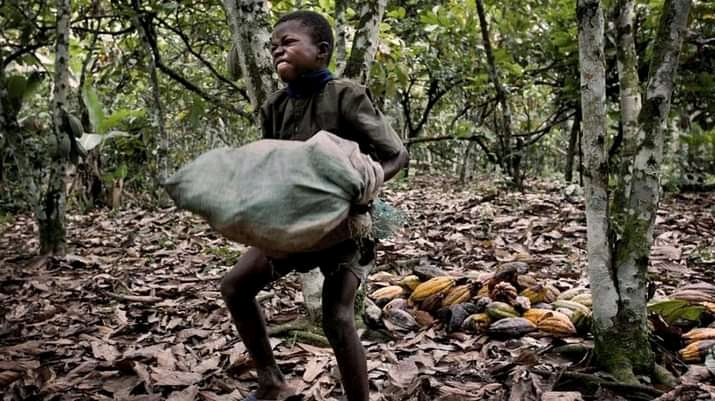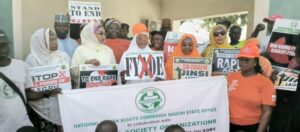
By Al’amin Ibrahim
Child labor is a worldwide issue which damages the physical and mental development of children. It deprives children of their self-worth. Many children work under exploitative conditions that have harmful effects on their health. Child labor should be abolished in Nigeria because children engaged in such acts are exposed to conditions that can harm their health, personal growth and also interfere with their education.
The main purpose of this write up is to raise awareness that the way this children are made to work without giving them the chance to dream big and have a better future for themselves is creating adverse effects on their upbringing.
Many of these children are exposed to long hours of work in dangerous and unhealthy environments, carrying too much responsibility for their age.
Children are working in harmful conditions with little or no food, small pay, no education and no medical care.
According to F.O., Omokhodion, and Odusote, “Bad company, ill-health and road traffic accidents were the perceived ill effects of child labour” (281). Many children are seen working on the streets without their parents or guardians’ supervision.
According to the Bureau of International Labor Affairs, “Children in Nigeria are trafficked internally to work in agriculture, begging, domestic service, mining, quarrying, and street hawking” (U.S. Department). With this being said, children might be in danger of being hit by a car while being in the streets hawking or get exposed to unhealthy particles while working in the mines, or quarry.
Children’s health should be a priority to their family and the society. They shouldn’t be allowed to odd jobs.
The survey showed that about six million of the working children were not in school at all” (George). Many of the children were made to drop out of school due to poverty because their parents want them to work to boost the family income. Some of them even go to school but they don’t get to complete their education. “In most of the cases, poor families force their children to work in order to stay alive or to live a better life” (Shoeb).
Many of them have been forced to drop out of school due to poverty. Majority of working children are said to be girls, rural children, and children from poor households.
Many parents consider that girls should be the ones working while boys go to school. They believe that if boys go to school and succeed, their future will be better. They don’t believe in education for all, either boy or girl.
On a final note, all stakeholders should play their roles accordingly for a better and egalitarian society.
WRITTEN BY AL’AMIN IBRAHIM SADIK OF MASS COMMUNICATION DEPARTMENT, ABUBAKAR TATARI ALI POLYTECHNIC, BAUCHI


